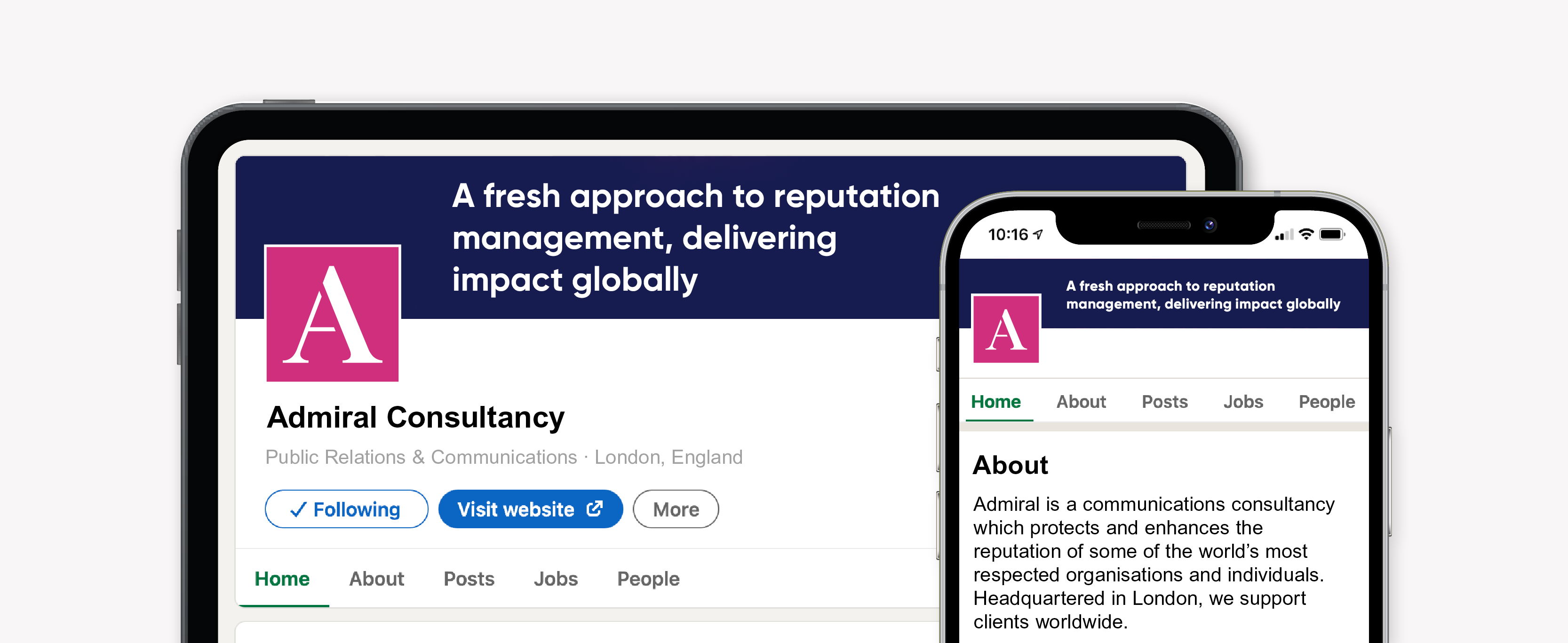Radiators, drains and the art of optimistic leadership
Wednesday, March 20, 2024

I was once told that in any given social situation, there are radiators and drains. The idea being that radiators are those who make people feel warm and accepted while drains have the capacity to suck the life out of a room or, at the very least, make others feel uncomfortable. Be a radiator, I was told; everyone loves a radiator.
On UN International Day of Happiness, I’m going to celebrate the positive by considering the radiators of the business world, the so-called optimistic leaders.
I have seen inspirational leadership in action across all sectors and the one thing they all have in common is positivity. They are not the loudest people in the room, but they draw people to them, inspiring them and motivating them. With intuitive communication skills, a willingness to collaborate and encourage, they take their employees with them on their journey.
So what are the defining characteristics of an optimistic leader?
Vision
As the inspirational speaker Steven Sinek says, optimistic leaders have a vision of a world that doesn’t yet exist. Like Steve Jobs who imagined a world in which everyone would have access to a home computer; it was a dream back in 1976 but the personal computer revolution became a reality, despite many challenges along the way.
Visionaries are not naïve, however, nor blind to difficulties. But their vision is so clear that they can not only steer their course by finding solutions and learning from mistakes, but they also create an environment in which others do the same.
Generosity of spirit
The most inspiring leaders I have met are open to new ideas, welcoming the contributions of their teams and giving them support and credit. They treat others’ ideas as being of equal merit, promoting a positive culture, fostering collaboration and encouraging open communication. They give out responsibility and encourage others to reach their own potential. In short, they incubate talent within a warm environment.
This does not mean that they accept every idea which comes along. They do, however, appreciate others’ contributions and treat them with respect. So, instead of dismissing an idea out of hand, they listen, evaluate and extract the positives.
Listening skills
It’s not all about projecting positivity outward, however. One of the most valuable skills of an optimistic leader is the ability to listen.
Listening engenders empathy, trust and understanding. It means that positive leaders do not have to guess at what employees need to make them happy; they know. In some cases this is financial reward, but in others it is enhancing job satisfaction, a good work life balance, or a shared set of values.
Finally
Not everyone is born a radiator, nor is everyone a gifted leader. But the good news is that many of the soft skills which make for an optimistic leader can be learned. As business leaders we are responsible for the happiness of our staff, whether it is senior board-level partners or those who make, sell or deliver our services. We have a responsibility to work on our leadership style. It is not only because it makes for a better work environment but, the simple fact is, happy employees are more productive.
That’s why at Admiral, one of our core values is the same as the day I founded the company 24 years ago. It’s positive challenge. The clue is in the title.
